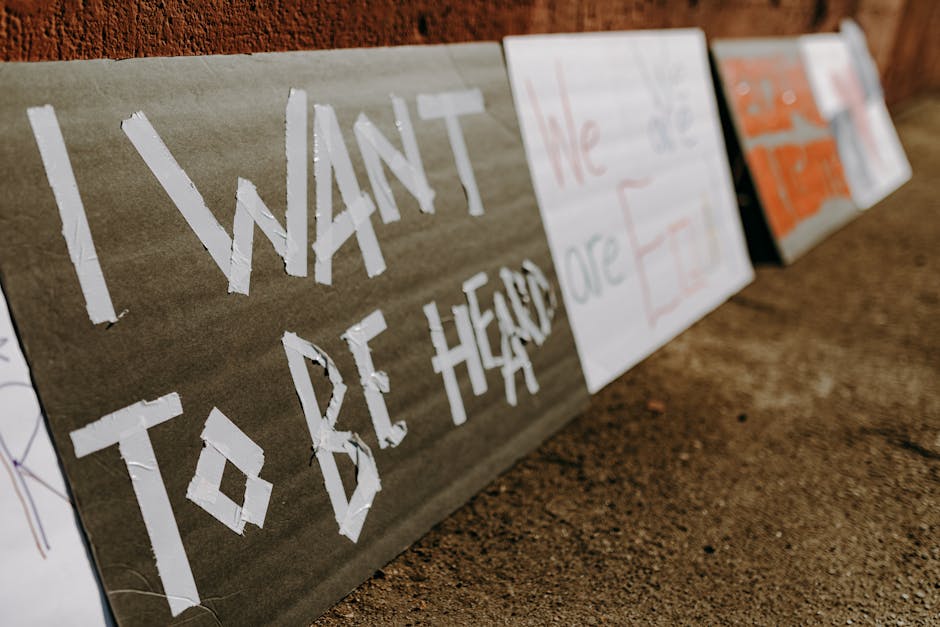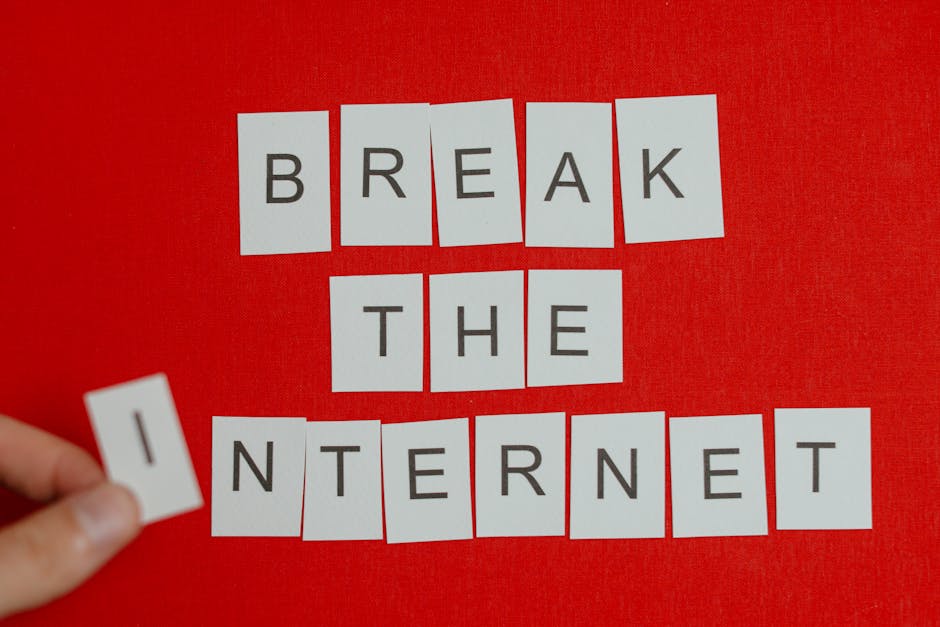The Impact of Social Media on Society: A Comprehensive Analysis
In today’s digital age, social media has become an integral part of our daily lives, shaping how we communicate, consume information, and interact with the world around us. From the rise of platforms like Facebook, Twitter, Instagram, and TikTok to the influence of influencers and online communities, the impact of social media on society is undeniable. In this article, we will delve deep into the various aspects of how social media has transformed our society, exploring both the positive and negative implications.
The Evolution of Social Media

Social media has come a long way since the early days of platforms like MySpace and Friendster. The evolution of social media has revolutionized the way we connect with others, share our thoughts and experiences, and engage with content. With the advent of smartphones and high-speed internet, social media has become accessible to people of all ages and backgrounds, leading to a digital revolution in communication.
Communication and Connectivity

One of the most significant impacts of social media on society is its role in facilitating communication and connectivity. Social media platforms allow us to stay in touch with friends and family across the globe, share updates about our lives, and engage in real-time conversations. Whether it’s through messaging apps, video calls, or group chats, social media has made communication more convenient and efficient than ever before.
Moreover, social media has also enabled us to connect with like-minded individuals, form online communities, and engage in discussions on a wide range of topics. From hobby groups to professional networks, social media has created opportunities for people to find support, seek advice, and share their passions with others who share similar interests.
Information Sharing and Consumption

Another key aspect of the impact of social media on society is its influence on information sharing and consumption. With the rise of citizen journalism and user-generated content, social media has democratized the way news and information are disseminated. Now, anyone with a smartphone and internet connection can become a content creator, sharing their perspectives and experiences with a global audience.
However, this democratization of information has also raised concerns about the spread of misinformation, fake news, and echo chambers on social media. The viral nature of social media can amplify rumors and false narratives, leading to societal divisions and mistrust. As a result, platforms like Facebook and Twitter have come under scrutiny for their role in shaping public discourse and influencing political opinions.
Impact on Mental Health

While social media has many benefits, it also has a darker side when it comes to mental health. Studies have shown a correlation between social media use and mental health issues such as anxiety, depression, and low self-esteem. The constant comparison to others, fear of missing out (FOMO), and cyberbullying can take a toll on one’s mental well-being, especially among younger users.
Moreover, the curated nature of social media feeds can create unrealistic expectations and foster feelings of inadequacy. Seeing influencers with seemingly perfect lives and bodies can lead to body image issues and self-doubt. As a result, many people have started to take breaks from social media, practice digital detox, or seek professional help to cope with the negative effects of social media on their mental health.
Social Media and Politics
The impact of social media on society is perhaps most pronounced in the realm of politics. Social media platforms have become powerful tools for political campaigns, activism, and mobilization. From hashtag movements like #BlackLivesMatter and #MeToo to political revolutions like the Arab Spring, social media has played a crucial role in shaping political discourse and driving social change.
However, the influence of social media on politics is not without its challenges. The spread of misinformation, foreign interference, and filter bubbles have raised concerns about the integrity of democratic processes and the polarization of public opinion. As social media algorithms prioritize engagement and virality, they can inadvertently amplify extremist views and divisive content, leading to echo chambers and distrust among different ideological groups.
Privacy and Data Security
Another area of concern when it comes to the impact of social media on society is privacy and data security. With the collection of vast amounts of personal data, social media companies have faced scrutiny for their handling of user information and potential breaches of privacy. The Cambridge Analytica scandal, where millions of Facebook users’ data was harvested without consent for political purposes, highlighted the risks of data exploitation on social media.
Moreover, the proliferation of targeted advertising and algorithmic recommendations has raised questions about the manipulation of user behavior and the erosion of privacy boundaries. As social media platforms track our online activities and preferences, they can create digital profiles of users for targeted marketing purposes, leading to concerns about surveillance capitalism and the commodification of personal data.
Social Media and Culture
Beyond its impact on communication, information sharing, and politics, social media has also influenced popular culture and societal norms. The rise of influencers, viral challenges, and meme culture has shaped trends in fashion, music, and entertainment. Social media platforms have become breeding grounds for viral content and cultural phenomena that spread rapidly across the internet.
Moreover, social media has given a voice to marginalized communities and underrepresented groups, allowing them to share their stories, advocate for social justice, and challenge mainstream narratives. From movements like #BlackLivesMatter to LGBTQ+ activism, social media has been a powerful tool for amplifying diverse voices and promoting inclusivity in public discourse.
Expert Opinions
According to Dr. Sarah Roberts, a leading expert on social media and society, “Social media has fundamentally transformed the way we communicate, connect, and engage with the world around us. While it has brought many benefits, it also comes with challenges that we must address, such as the spread of misinformation, privacy concerns, and mental health issues.”
Dr. Roberts emphasizes the importance of critical media literacy and digital literacy in navigating the complex landscape of social media. By being aware of the potential risks and pitfalls of social media, users can make informed decisions about their online behavior and protect themselves from harm.
Conclusion
To wrap things up, the impact of social media on society is multifaceted and far-reaching, touching every aspect of our lives from communication to politics to culture. While social media has brought about many positive changes, it also comes with challenges that we must address collectively as a society. By understanding the implications of social media on our lives and taking proactive steps to mitigate its negative effects, we can harness the power of social media for the greater good.
As we navigate the ever-changing landscape of social media, it is important to stay informed, be critical of the content we consume, and engage responsibly online. By fostering a culture of digital citizenship and ethical behavior, we can create a more inclusive, transparent, and respectful online environment for future generations to come.
Long story short, the impact of social media on society is a complex and nuanced issue that requires careful consideration and thoughtful dialogue. By exploring the various dimensions of social media’s influence on our lives, we can gain a deeper understanding of its benefits and drawbacks, and work towards creating a more balanced and sustainable digital future for all.




